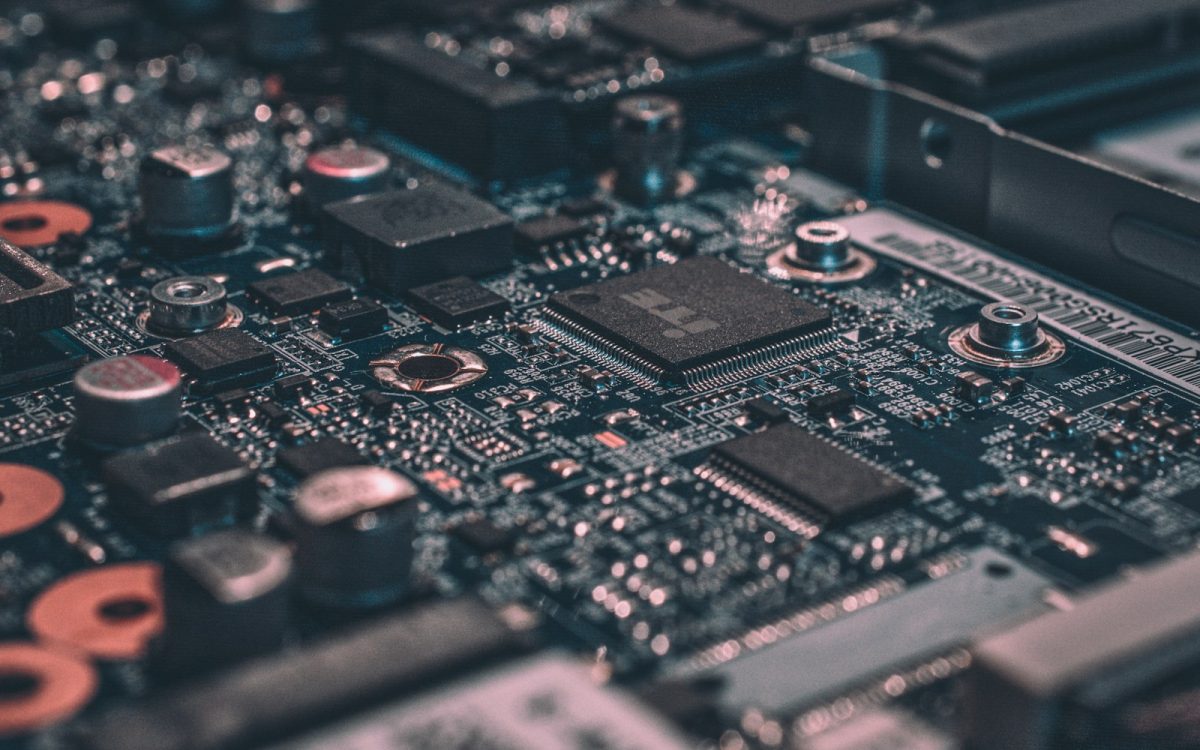Can Technology Help Detect Sleep Disorders?
Meta Description: Discover how modern technology is transforming sleep disorder detection. Learn about smart devices, AI, wearables, and how they monitor sleep health.
With millions of people experiencing sleep difficulties worldwide, the question arises: Can technology help detect sleep disorders? In this blog, we’ll explore the latest advancements in sleep tech—from wearables and smart beds to apps and AI-powered tools that track and analyze sleep patterns. Whether you’re struggling with insomnia, sleep apnea, or restless leg syndrome, understanding how technology can assist in early diagnosis might just be your first step toward better rest. Let’s dive into how innovation is shaping sleep health.
What Are Sleep Disorders?
Sleep disorders are medical conditions that disrupt your normal sleep patterns. They affect millions of people globally and have a direct impact on physical and emotional well-being. Common sleep disorders include:
- Insomnia
- Sleep apnea
- Restless leg syndrome (RLS)
- Narcolepsy
- Circadian rhythm disorders
Left undiagnosed or untreated, these disorders can lead to chronic fatigue, cardiovascular problems, depression, and poor productivity. That’s where technology for sleep disorder detection comes into play.
How Can Technology Help Detect Sleep Disorders?
There’s a new wave of tools and systems that leverage advances in data science, artificial intelligence, and biosensors to monitor and analyze sleep behavior. Let’s explore how technology is being used in sleep diagnostics.
1. Wearable Sleep Trackers
One of the most accessible forms of sleep tech comes in the form of wearables. Devices like fitness bands and smartwatches from brands such as Fitbit, Apple, and WHOOP offer sleep tracking features that monitor:
- Sleep stages: light, deep, and REM sleep
- Heart rate variability
- Blood oxygen levels (SpO2)
- Movement and restlessness during sleep
By analyzing this biometric data, wearables can flag irregular patterns that may indicate sleep apnea or insomnia. Some devices even provide sleep scores and personalized coaching for improving sleep quality.
2. Smart Mattresses and Sleep Devices
High-tech mattresses and bedside devices such as the Eight Sleep Pod or Withings Sleep Analyzer can assess your sleep environment and physiology without requiring you to wear a gadget. Features include:
- Pressure and motion sensors
- Temperature regulation
- Snore detection via audio sensors
- Automatic data syncing with a mobile app
These technologies provide a more passive and comfortable way to monitor sleep, especially for people sensitive to wearing devices at night.
3. Mobile Apps for Sleep Analysis
Smartphone apps like Sleep Cycle, Pillow, and SleepScore use motion detection and audio tracking through your phone to analyze sleep. They offer:
- Smart alarms that wake you at the optimal sleep stage
- Sleep quality graphs and trends
- Snoring detection and ambient noise recordings
- Daily sleep tips and recommendations
While they’re not as precise as advanced medical devices, these apps still offer valuable insights into sleep habits, helping users quantify their rest and identify ongoing problems.
4. AI-Powered Sleep Diagnostics
Advanced technologies now include artificial intelligence and machine learning algorithms capable of analyzing large datasets for sleep irregularities. These are being used in:
- Clinical sleep studies (polysomnography)
- Remote patient monitoring systems
- Mobile health (mHealth) platforms
AI enhances diagnostic accuracy by recognizing patterns that may be missed by human analysis. This drastically reduces diagnosis time for complex issues like central sleep apnea or circadian disorders.
The Role of Telemedicine in Sleep Disorder Diagnosis
In the wake of increased demand for remote healthcare, telemedicine has emerged as a powerful ally in sleep medicine. Patients can connect with sleep specialists virtually and use home sleep test kits to collect necessary data. These services often include:
- Video consultations with board-certified sleep doctors
- Home delivery of FDA-approved sleep test equipment
- Cloud-based data analysis and diagnostic reports
Clinics like SleepScore Labs and Lofta are pioneering this remote approach, combining convenience with clinical-grade accuracy.
Advantages of Using Technology to Detect Sleep Disorders
Technology brings a wide range of benefits to sleep diagnostics:
- Early Detection: Continuous monitoring allows for early identification of issues before they become chronic.
- Non-Invasive Options: Many tech solutions provide useful insights without the need for complex procedures or overnight lab stays.
- Personalized Insights: Apps and devices often adapt analyses based on your unique sleep patterns and feedback.
- Affordability: Compared to traditional sleep studies, many consumer tech options are far more budget-friendly.
Limitations and Considerations
Though promising, it’s important to recognize the current limitations of sleep technologies:
- Not all devices have FDA approval in medical diagnosis
- Data accuracy may vary between devices or models
- Consumer tools are supplementary—not replacements for professional evaluation
If you’re experiencing serious sleep issues like gasping during sleep, chronic fatigue, or persistent insomnia, always consult a certified sleep specialist, even if your device indicates normal results.
Future Trends in Sleep Tech
The sleep technology market is evolving quickly. Future innovations may include:
- Contactless monitoring: Using radar, sound waves, or AI-driven sensors to track sleep without touching the user
- Integration with mental health platforms: Connecting sleep data with mood and stress tracking for a holistic view
- Predictive analytics: AI that not only diagnoses but predicts potential sleep issues before they develop
These technologies will not only improve understanding but also pave the way for personalized, preventative sleep care.
Conclusion: Embracing Technology for Better Sleep Health
So, can technology help detect sleep disorders? Absolutely. With advancements in wearable devices, mobile apps, smart mattresses, and AI, we are now better equipped than ever to monitor and understand our sleep. While these tools aren’t a replacement for professional diagnosis, they empower users to take proactive steps toward better sleep health. As sleep tech continues to improve, the future of sleep disorder detection looks more connected, convenient, and customized to individual needs.
Don’t ignore your sleep. Leverage technology, take charge of your sleep health, and if needed, consult a medical professional to help you on your path to restful nights and brighter days.




